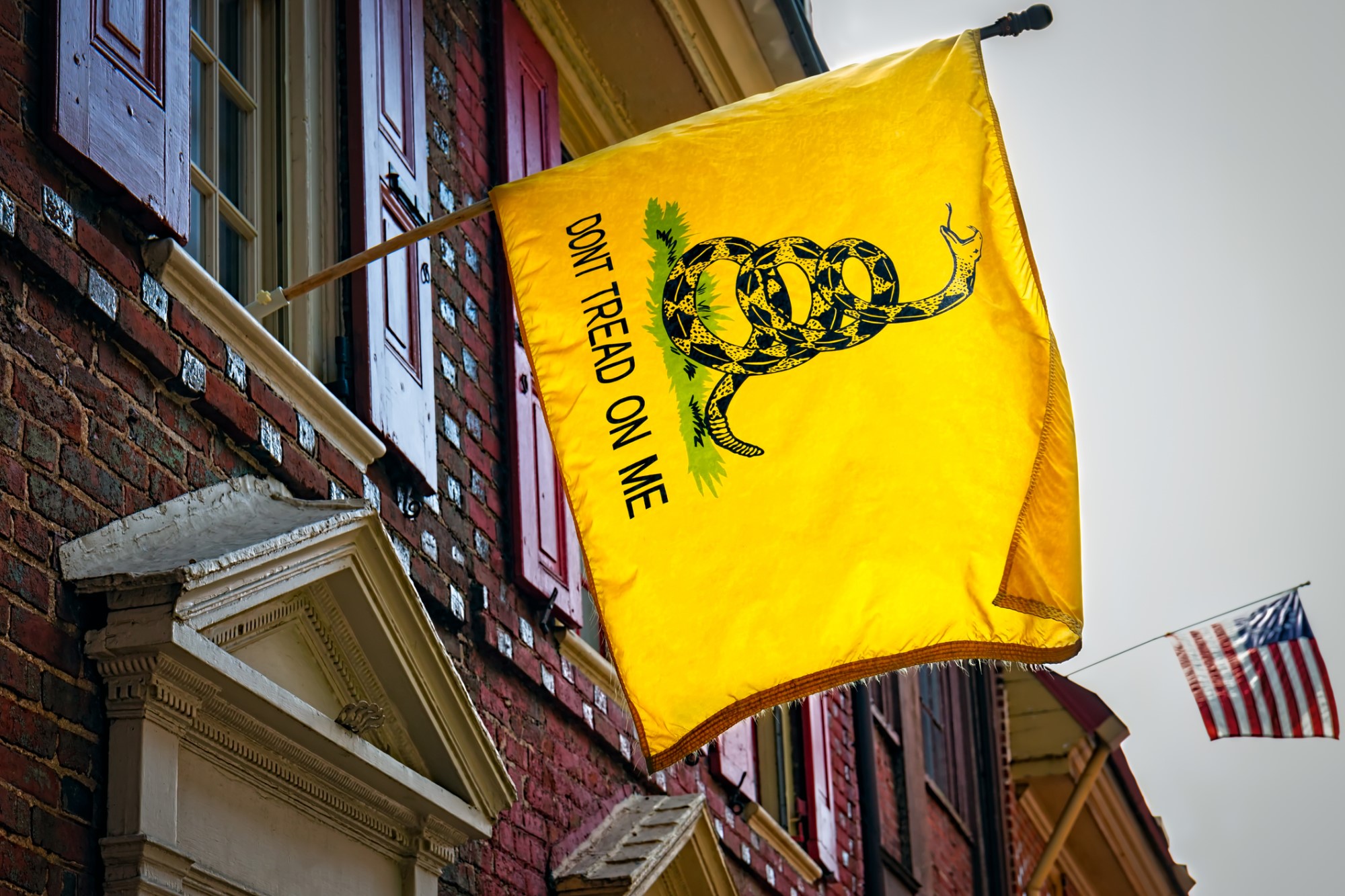Utilitarianism, United Healthcare, and the Trolley Problem

Many people misunderstand the trolley problem. It was not designed to illustrate the appeal of Utilitarianism – the modern, popular variation of the idea that good and evil lies solely in the results produced by an action. In fact, it is part of an argument against Utilitarianism, one designed to show that it is essentially incomplete and thus inadequate as a model of morality. The argument concludes that Utilitarianism fails because it fails to track our moral intuitions, by being unable to capture the distinction we tend to draw between acts (intentional acts done knowingly) and omissions (failures to act whether these be due to refusal, refraining, forgetting, overlooking, neglecting, etc.).
The trolley problem (originally designed by Phillipa Foot) confronts readers with a pressing dilemma: An aspiring murderer, or mass murderer, has tied some people down to two separate branches of a trolley track. There is one person on branch A, and five on branch B. You find yourself next to a lever at the junction between the branches, with the trolley currently headed down branch B. If you pull the lever, the trolley will divert to branch A, killing the one person (saving a balance of four people). Should you pull it?
A utilitarian analysis yields a definitive answer, and claims it is obvious. No matter how we finesse the calculation of likely outcomes – go ahead and factor in the possibility that you will be wracked with guilt, even eternally damned, if you pull the lever! – the best, because least awful, outcome is the one with a single victim.
However, a fair number of people disagree. Many of us find the choice to be a tough one to make, and more than a few refuse to pull the lever. Some of them refuse to accept that moral responsibility can be foisted on us so as to force our hand in this way. Others don’t want to get blood on their hands by intentionally killing an innocent person, a strict religious injunction or personal commitment.
The problem for Utilitarianism here is that such a conversation arises at all. If Utilitarianism is a final and complete moral theory, then there seems to be no moral basis for this disagreement (i.e., for any of us to prefer a worse outcome over a significantly better one). If Utilitarianism is correct, the moral situation is as clear as day: given the choice between five deaths and one, we are obligated to act. Inconveniently for the theory, however, many people also resist Utilitarian efforts to discredit our hesitance to pull the lever as merely a cultural or psychological quirk. Indeed, many philosophers see Foot’s thought experiment as doing decisive damage; it reveals that Utilitarianism is not the complete, final accounting of morality which it is advertised as being, but only a partial account.
As is often the case in philosophy, this isn’t the end of the argument. Utilitarianism wasn’t killed off by Foot’s hypothetical. But it did highlight a moral difference between actions and omissions – between switching the lever or allowing the trolley to run its predetermined course. When Foot wrote her paper, enough people felt the pull of those considerations for the argument to be regarded as seriously problematic for Utilitarianism. As a sociological matter, the thought experiment did significant work in moving moral-philosophical discourse in Britain and the US away from the Utilitarian orthodoxy of Henry Sidgwick (the dominant figure in early and mid-20th century).
Today, however, we are at a moment in American public life where the acts/omissions difference seems to be in danger of collapse. This can be seen clearly in how people talk about Luigi Mangione’s murder of Brian Thompson. Despite what opinion-polls suggest, not many people worth taking seriously will argue that a cold-blooded murder (shooting someone in the back in an ambush) is morally permissible. No one worth taking seriously thinks that it is morally “acceptable” to murder someone in cold blood (shooting them in the back in an ambush). And tidy equivocation will not do. “Killing people with paperwork instead of a gun doesn’t make you any less of a murderer…” wrote Arwa Mahdawi in the Guardian. There are real and significant differences between manslaughter and murder. And there are differences between shooting someone to death, and serving a for-profit bureaucracy which kills people by denying them access to essential medical care. A health insurance company does not murder people. It creates, and implements, rules which foreseeably cause huge numbers of people to live in more pain, and die much earlier, than would happen without the “efficiencies” driven by the commitment to maximize profits. Unlike an ambush killing, the misdeeds of the insurance industry are wrongs of omission, instances of denying people care (not letting them get a drug, treatment, or operation). The industry allows misery, sickness, and death by failing to act to protect people (its customers!) from injury and disease.
The impersonal nature, and massive scale, of this deeply unjust system drives many people to see the killing in equally impersonal, representational terms. One reason why there has been less shock at the murder than we might expect is because we have a sense that the CEO was not killed not as an individual person – a man named Brian, who was a father, with a personal history and life story – but rather as a CEO, in his role or office as the leader of that particular commercial enterprise. What strikes people as significant about the killing is its symbolism (presumably this is also what led the state of New York to indict the alleged shooter for terrorism rather than simple murder). From this symbolic view – where individuals disappear and what remains are the abstract roles, positions, and structures which they represent – the act versus omission distinction gets washed away. From that view, structural violence is just as real a source of social evils (unjust outcomes such as crippled and shortened lives) as acts of direct interpersonal violence is. For many people, at the moment, there seems little temptation to say that it is worse to murder a person than to participate in, facilitate, and personally enrich oneself through the for-profit killing-by-omission of hundreds of thousands, or millions, of persons. The systematic injustice of American health insurance (and the healthcare system more broadly) is an industry which wrings private wealth out of human suffering.
I guess you could count this as a win for Utilitarianism. It delivers the clearest of moral answers in the grimmest of circumstances. And perhaps it accurately captures how many reflexively respond to the killing of the United CEO. In the context of the abomination that is American health insurance, maybe utilitarianism is the theory best suited for thinking about the right thing to do. (Should we take that as vindication for the theory, or a damning indictment of the industry and the system which enables it?) Still, it should worry us that on such a serious and prominent social issue as this, so many Americans no longer feel the pull of the act/omission distinction – the moral concept seems to be giving out on us….
I remain convinced, however, that there is a moral difference – sometimes a big difference or “all the difference in the world” – between doing something which has terrible consequences, and allowing terrible things to happen through not doing something. As a matter of personal responsibility – as a matter of what I have to live with – it matters to many of us whether we have to live with having done something, or live with having allowed something to happen. That difference shows up in how we think and feel about ourselves, in the sleepless nights we suffer after a wrongdoing or morally culpable oversight, where we doubt our decency, honesty, or bravery. This is not to say that there is anything necessarily better about an act or an omission. Both can do great damage, and both can be the cause of genuine remorse.
The difference matters enough to us that it is part of a cliché: it is better to regret something you have done than something you didn’t do. The Japanese have an idiom which captures it beautifully: “kiku ha ittoki no haji, kikanu ha isshō no haji” “聞くは一時の恥、聞かぬは一生の恥” (“to ask is embarrassing for a moment (one time), not to ask is shameful for life”). I don’t know if that’s an objective (timeless, universal) moral truth. It is vague enough that it is probably useful to say to someone, at some time. The point to consider here is that a theory which says there is no difference between asking and refraining from asking, and which insists that the only things to be mourned or cherished are the outcomes of asking or not asking, seems to deprive us of something we find useful.




